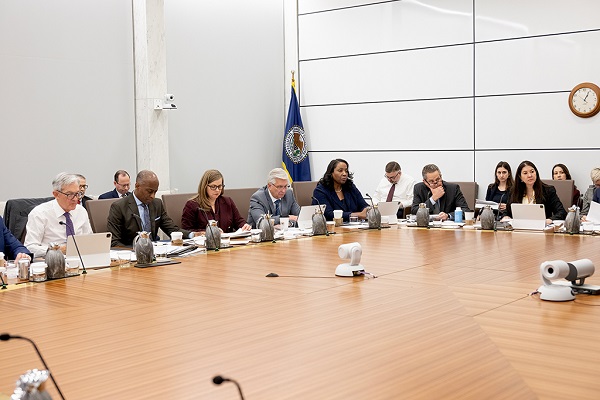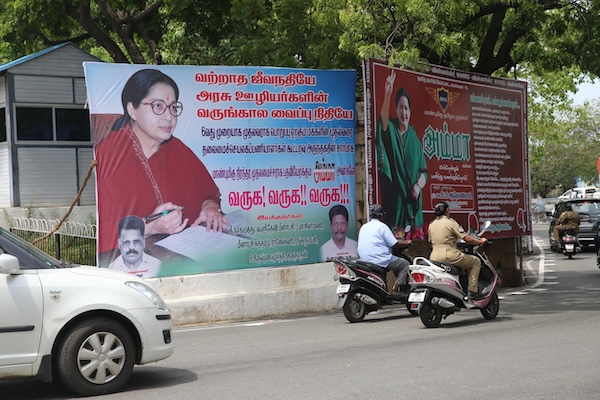.png)
August 21, 2025 at 2:44 AM IST
The Reserve Bank of India’s August Monetary Policy Committee minutes show a rare acknowledgement that global monetary conditions, particularly the US Federal Reserve’s decisions, may influence India’s policy path.
All six members voted unanimously to hold the repo rate at 5.5% after a cumulative 100-basis-point cut since February, emphasising the need to wait for transmission into lending rates and credit demand.
While the committee’s discussion centred on benign inflation, resilient growth, and the risks from US tariffs, Professor Ram Singh’s remarks stood out for explicitly linking the Fed’s stance to the RBI’s room for manoeuvre.
Singh noted that the “tariff tussle between the two largest economies will simultaneously unleash inflationary and deflationary pressures on the Indian economy,” making the overall effect hard to quantify. He cautioned that with food inflation volatile and growth uncertain, rushing into another cut was risky. Crucially, he added: “The interest rate decisions of the US Fed and other central banks in the coming months will also have a bearing on the feasibility of a further rate cut by the RBI and its quantum”.
That formulation marks a subtle shift as the RBI consistently maintained that domestic growth and inflation conditions alone guided its policy, even as global central banks moved in cycles of easing or tightening.
The markets always, however, believed that the Fed’s moves do weigh on the MPC, although they may not dominate the decisions. Rate spreads are key for investment flows into India.
US President Donald Trump has been publicly pressuring Fed Chair Jerome Powell to accelerate monetary easing. Any sign of a pivot at Powell’s Jackson Hole address later this week will ripple through global markets and, by extension, into RBI deliberations.
For now, the MPC has opted for caution, underlining that the effects of earlier cuts and liquidity injections are still playing out. The October decision will hinge on how much banks pass on lower rates and how trade frictions weigh on exports.




